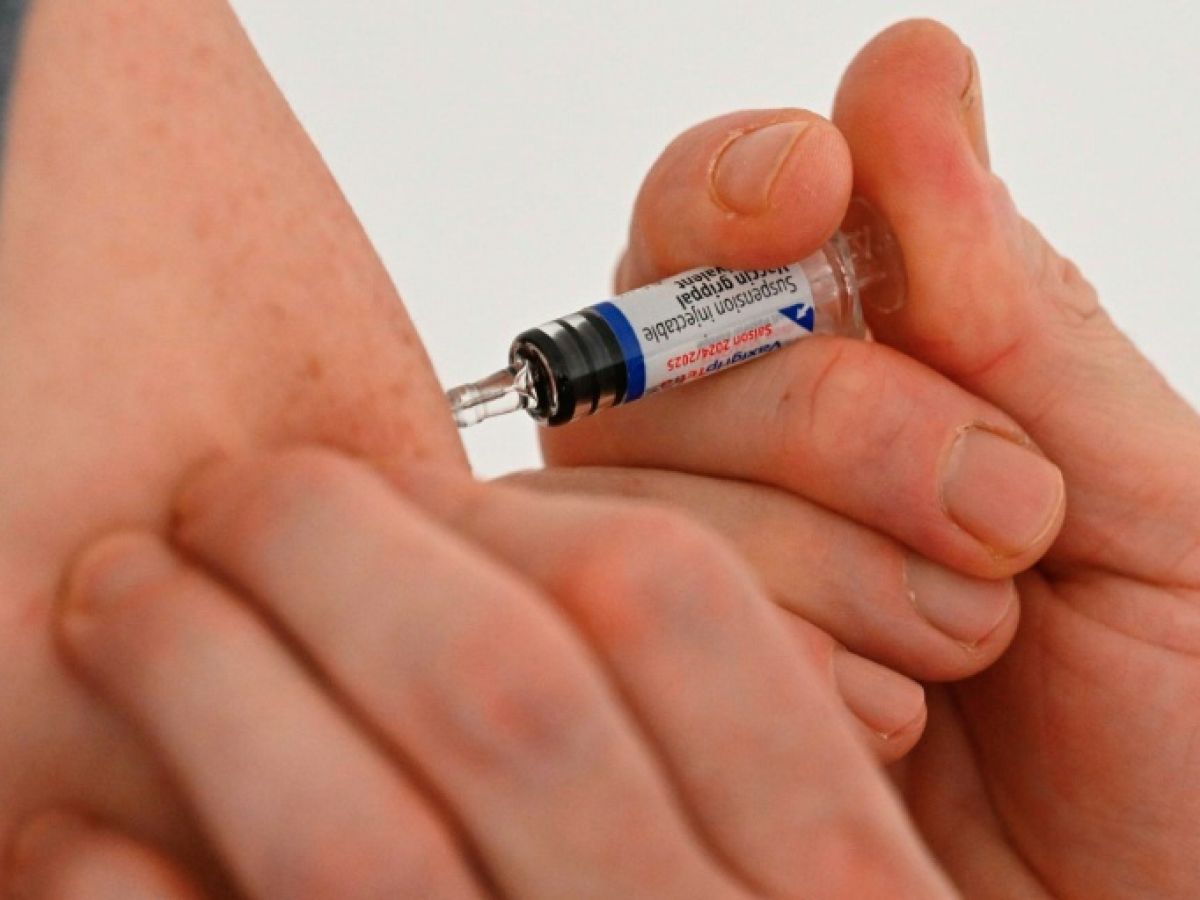
In a recent report, the British House of Lords urged the British government to tighten its grip on the food and drink industry, accusing the previous government of being afraid of a "nanny state". Report of the Committee on Food, Nutrition and ObesityToday.
The report says there is no silver bullet to prevent and reverse the harm caused by food and beverage manufacturers selling and marketing unhealthy products high in fat, sodium and sugar.
He makes a series of suggestions to help curb Britain's growing obesity epidemic.
Under the proposal, food companies must disclose the quality of their products and exclude any company that sells more unhealthy foods.
Recommendations from the obesity report
The UK Food Standards Agency would have independent oversight of food systems. A tax on salt and sugar would also be imposed on manufacturers, with the proceeds going towards cheaper, healthier foods.
All media should ban advertising for less healthy foods and research should be conducted into the links between UPFs and ill health in order to combat obesity and diet-related health problems.
Committee chair Baroness Walmsley said: "Food is supposed to be enjoyable and good for our health, but too many people are being made ill by it."
It is clear that something is wrong when almost 2/5 of primary school children leave school obese or overweight and many parents struggle to provide healthy food for their families.
Food manufacturers have also weighed in. Karen Betts of the British Food and Drink Federation, the UK chief executive, stressed the industry's willingness to engage with the government on the issue.
She said manufacturers had made great strides in creating healthier products for consumers, using government guidelines and regulations on high salt, sugar and fat content.
British shopping baskets contain far less sugar, salt and calories than in the past. To keep this going, the industry needs regulatory certainty.
Food and Beverage Tax
Nomad Foods CEO Stefan Descheemaeker was equally positive in his response to the report, saying the company supports measures requiring companies to disclose the percentage of their sales coming from healthy products.
He said that "regarding taxes, we believe they should be based on science, in line with the UK government's nutrient profiling model, which determines whether a product has a healthy nutrient profile or not, based on the product as a whole, and does not focus on specific amounts of nutrients."
Impact on Urban Health, an urban health advocacy group, said the recommendations would benefit those who need them most. However, they urged the government to consider how food is produced and sold.
Nikita Singclair, co-director of IUH's Children's Health and Nutrition Program, said unhealthy foods are available in places where children shop, play and go to school.
The most deprived areas suffer from the greatest lack of healthy and affordable options.

